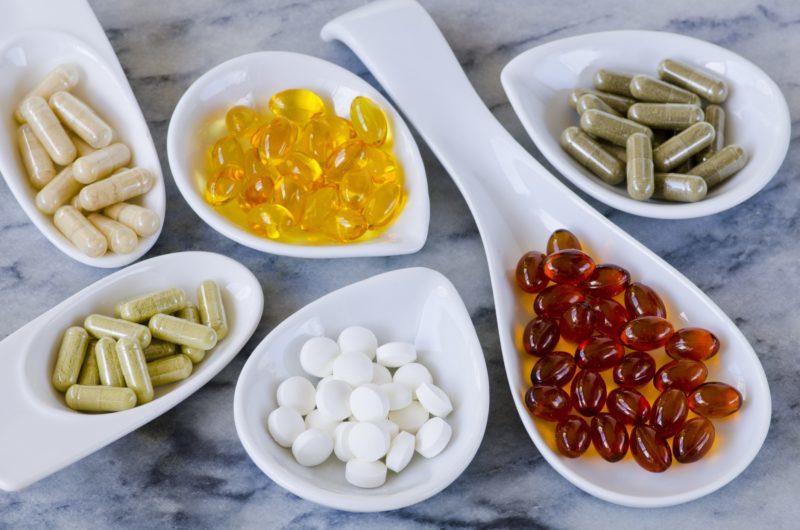The article focuses on kids: “Your 13-year-old can go into Walgreens or CVS, plonk down 30 or 40 bucks, and walk out with a box of ‘Sexual Peak Performance’ or an ‘ultimate super fat-burning belly bulge kit.’”
Writing that “kids deserve the protection withheld from the rest of us,” Abraham promotes a bill sponsored by Representative Kay Khan, which would ban sales of dietary supplements to minors altogether and move the supplements to a more inaccessible location, for instance, behind a counter or in a locked case.
Related: NPA Outlines Impact of USMCA Trade Agreement on Natural Products Industry Consumer Reports Tests Echinacea, Turmeric; Industry Calls Results “Arbitrary" NPA Urges Healthcare Professionals to Report Adverse Effects
Daniel Fabricant, Ph.D., President and CEO of the Natural Products Association, and Sibyl Swift, Ph.D., SVP of Scientific and Regulatory Affairs at NPA,submitted a letterto the editor titled “Dietary Supplements are Safe and Regulated by the Government.” It notes that, as opposed to Abraham’s focus on sexual enhancement and weight loss supplements, “The vast majority of these products are multivitamins or other ingredients like calcium, vitamin D, fish oil, or workout supplements… These safe and legal products serve an important purpose as supplements—not substitutes—for a balanced approach to health and fitness that includes a proper diet and exercise.”When it comes to the use of dietary supplements by children, Drs. Fabricant and Swift write: “Prohibiting the sale of healthy, safe, and legal products to minors or pushing them behind the counter to be sold like tobacco won’t promote public health and may actually undermine it. If minors can’t purchase legal products from licensed retailers in Massachusetts, they will simply go across the border or even worse, online. That’s the real danger, because the internet is the storefront of choice for fly-by-night outfits selling fake products or illegal drugs masquerading as supplements.”
Noting that both Drs. Fabricant and Swift are former FDA officers, they add: “We know first-hand that the industry is very well regulated and has the proper enforcement authority to prevent and punish bad actors… The FDA has strict requirements for how new dietary ingredients are introduced and allowed to be sold to the public and the FTC has authority over false advertising claims. Legitimate supplement manufacturers know this and understand that consumers expect to know that what they are buying is listed on the label.”
The letter concludes: “There are certainly always things that we can do to improve consumer safety, which is why we support proposals that would require new products entering the market like CBD to have safe and established levels for daily consumption. But as we look for ways to protect consumers, it is important that we keep the facts straight and not resort to policies that would undermine the very goals they seek to promote."










